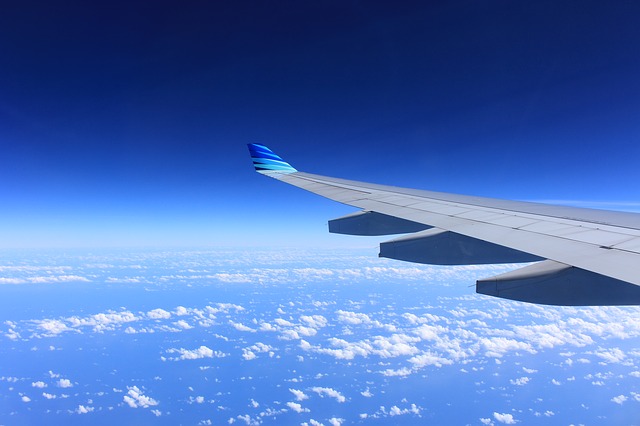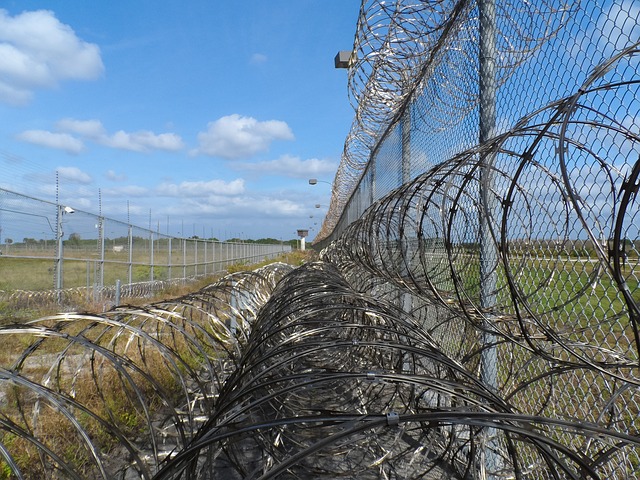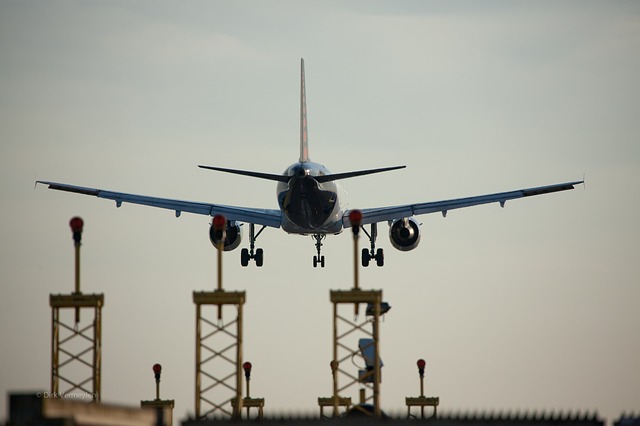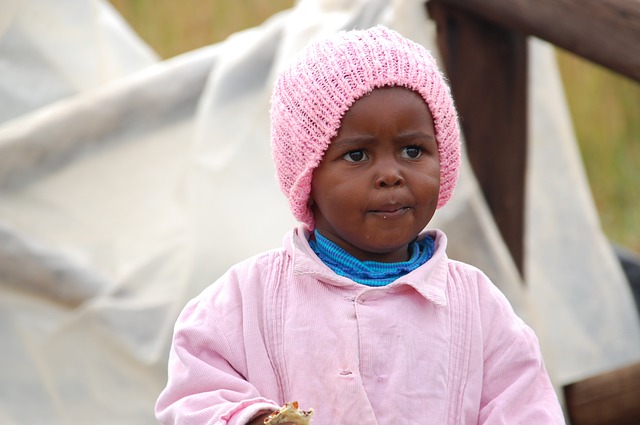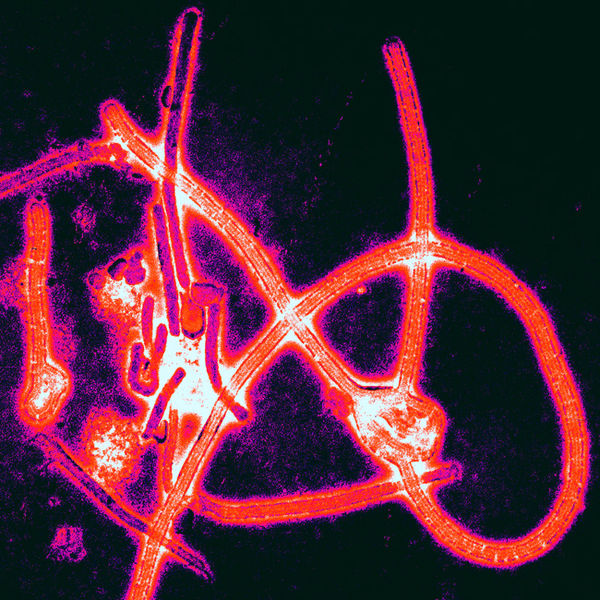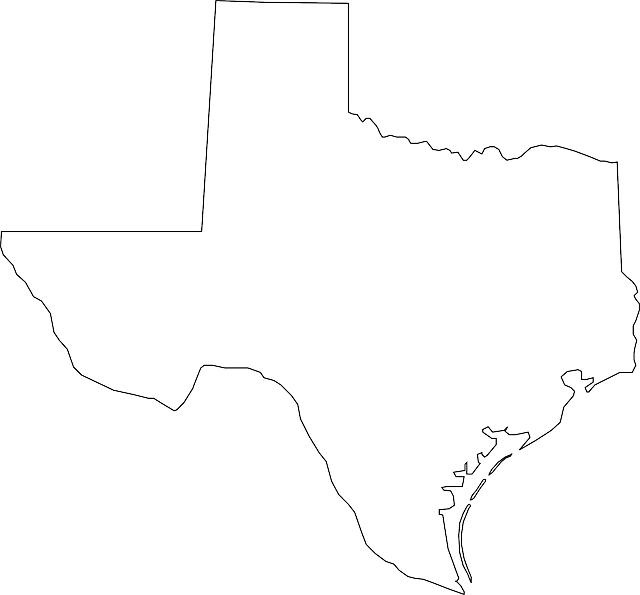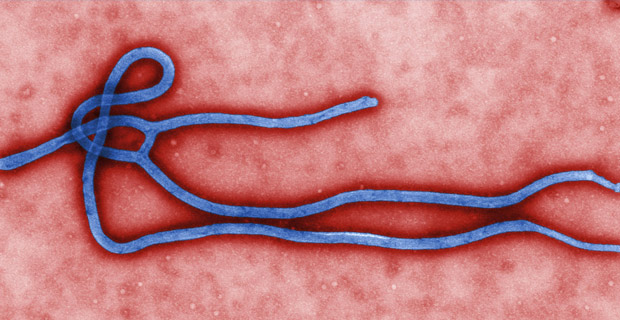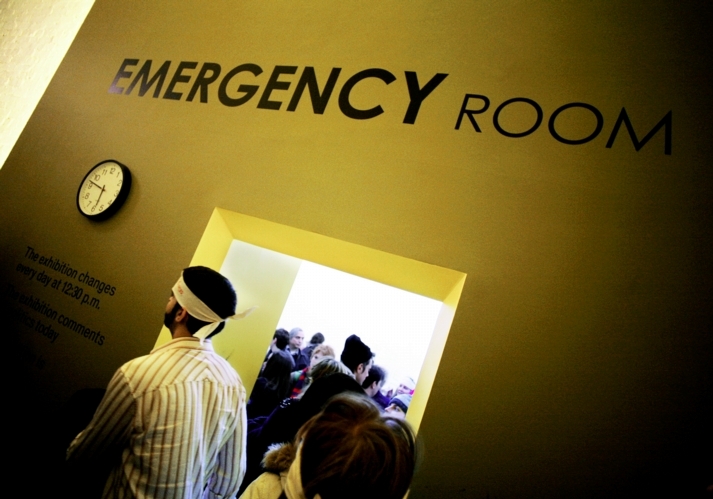Now that Ebola is officially in the US on an uncontrolled basis, the two questions on everyone’s lips are i) who will get sick next and ii) how bad could it get? We don’t know the answer to question #1 just yet, but when it comes to the second one, a press release three weeks ago from Lakeland Industries, a manufacturer and seller of a “comprehensive line of safety garments and accessories for the industrial protective clothing market” may provide some insight into just how bad the US State Department thinks it may get. Because when the US government buys 160,000 hazmat suits specifically designed against Ebola, just ahead of the worst Ebola epidemic in history making US landfall, one wonders:



